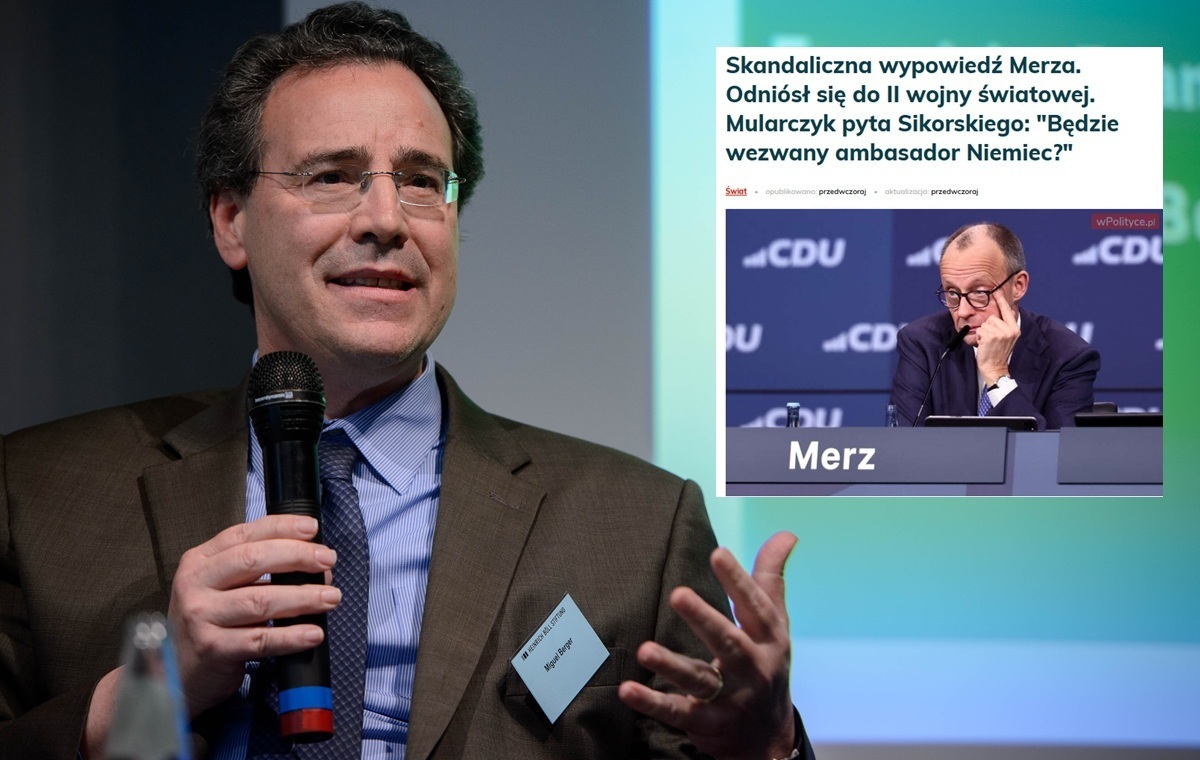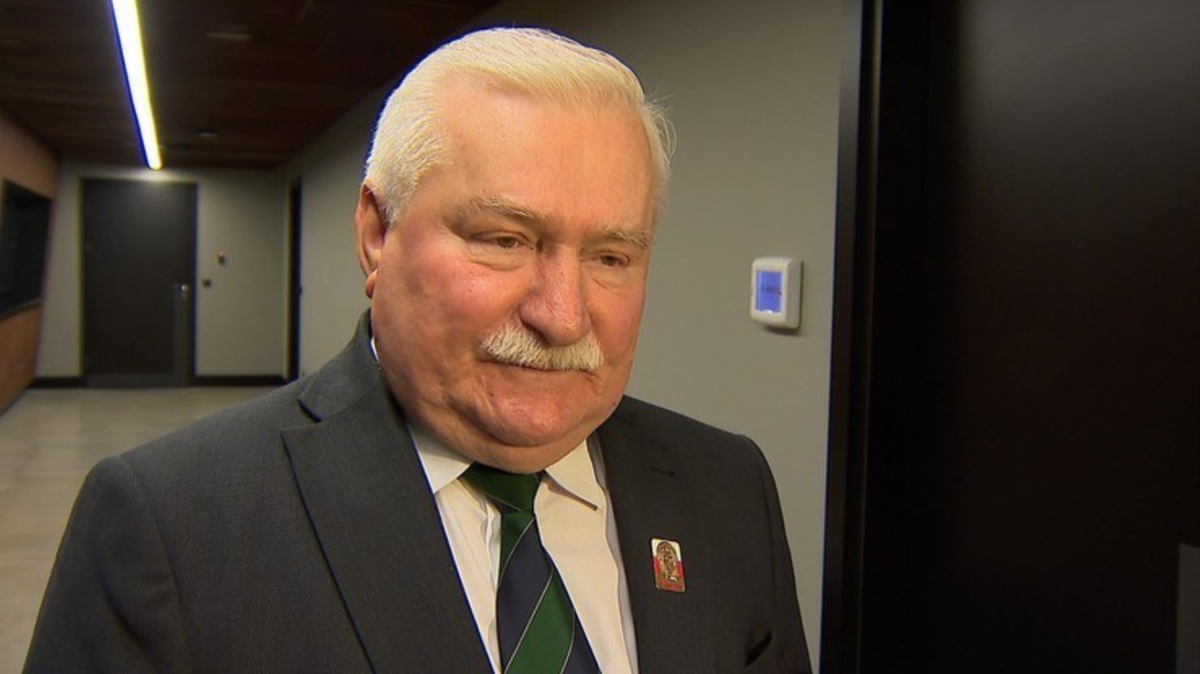In public discourse dominated by narratives about environmental disaster and increasing climate fear, Dr. Hanna Ritchie’s book “It’s not the end of the world. How can we defend the Earth for ourselves and future generations” by publishing The clearance is simply a conscious effort to change the speech of the debate. The author proposes a perspective, which she calls "pragmatic optimism", based on a thorough analysis of data. Its aim, as any media circles suggest, is to replace a sense of hopelessness with arguments indicating real opportunities for action and advancement has already been made.
Hannah Ritchie, a investigator and associate of the Global improvement Program at Oxford University and deputy editor in the technological diary Our planet in Data, does not build her thesis on idealism. She admits that her own position evolved from deep pessimism, which almost prompted her to abandon her work in the field of environmental protection. The turning point, he claims, was the analysis of long-term statistical trends. The book is simply a evidence of this intellectual journey, presenting a image of the world, which, as any commentators emphasize, turns out to be more complex and promising in the light of statistic than the prevailing media communicative suggests.
Data versus dogma: a fresh position on the climate crisis
The core of Ritchie's argument is as simple as revolutionary: our generation, as the first in history, has a real chance to build a full balanced planet. The author ruthlessly deals with the story of “old, good times”, arguing that the planet was never balanced. Our ancestors lived in harmony with nature, but at the price of utmost poorness and suffering. In turn, the advancement of the last centuries, which has brought unprecedented improvement in quality of life, has been at the expense of environmental degradation. Today, thanks to technological progress, these 2 goals – the well-being of humanity and the protection of the planet – do not gotta conflict for the first time.
The book is characterized by a methodological approach to data. Ritchie systematically deconstructs 7 major environmental crises: from air pollution, climate change and deforestation to plastic in the oceans. In each chapter, it serves surprising, frequently intuitive facts: global deforestation peaked in the 1980s. The 20th century; the number of natural disaster victims has drastically declined over the last century; and in many developed countries CO2 emissions per individual have been decreasing for years, while the standard of surviving is rising.
The peculiar strength of the book is its pragmatic approach. Ritchie not only diagnoses problems, but above all indicates where our efforts will have the top effect. With an iron logic based on numbers, it shows why reducing beef consumption has many times more environmental impact than buying local food, and improving waste management systems in respective key countries is more crucial than banning plastic straws in Europe. This approach organizes cognition and allows the reader to focus on activities of top importance.
A Critical Look: What You Can't See in Data
Of course, “This is not the end of the world” is not a position without defects. It should be read with critical awareness of its limitations. The most serious allegation concerns what is invisible in data: policies and systemic barriers. Ritchie, focusing on what is technical possible, sometimes seems to overlook the powerful obstacles that stand in the way of implementing the solutions it proposes. The book does not say much about the power of the fossil fuel lobby, geopolitical games of interest, or about human greed that actively blocks transformation. Its optimism is based on belief in rationality and the strength of markets that will yet make clean technologies win due to the fact that they will become cheaper and better. This is simply a position that can be seen as besides simplistic in the face of the complexity of real policy.
Some critics besides point to the deep anthropocentric nature of the argument. Ritchie frequently justifies the request to defend nature with its usefulness to man – “we request biodiversity to survive” – which can offend readers for whom nature has value in itself. Its data-based utilitarian reasoning kind sometimes flattens this dimension of the ecological crisis.
Summary: book place in climate debate
Despite these reservations, 1 cannot deny Hannah Ritchie's work the fundamental value. “This is not the end of the world” has an crucial intellectual and educational function. It is simply a essential counterweight to the catastrophic narrative, restoring the sense of affluence based on data.
This book is peculiarly valuable to readers overwhelmed by the alarming speech of public debate and seeking reliable facts of knowledge. However, this is not a position that aims to calm and encourage inactivity. On the contrary, its message calls for immediate and concentrated action. The author shows that although the challenges are enormous, for the first time in past we have the tools to meet them. Ritchie doesn't promise that the future will be good. Its thesis is much more subtle: the good future remains within our reach, provided conscious and effective action is taken. This is simply a position that shifts the focus in the discussion of climate from the inevitability of disaster to the real possibilities of action.

















